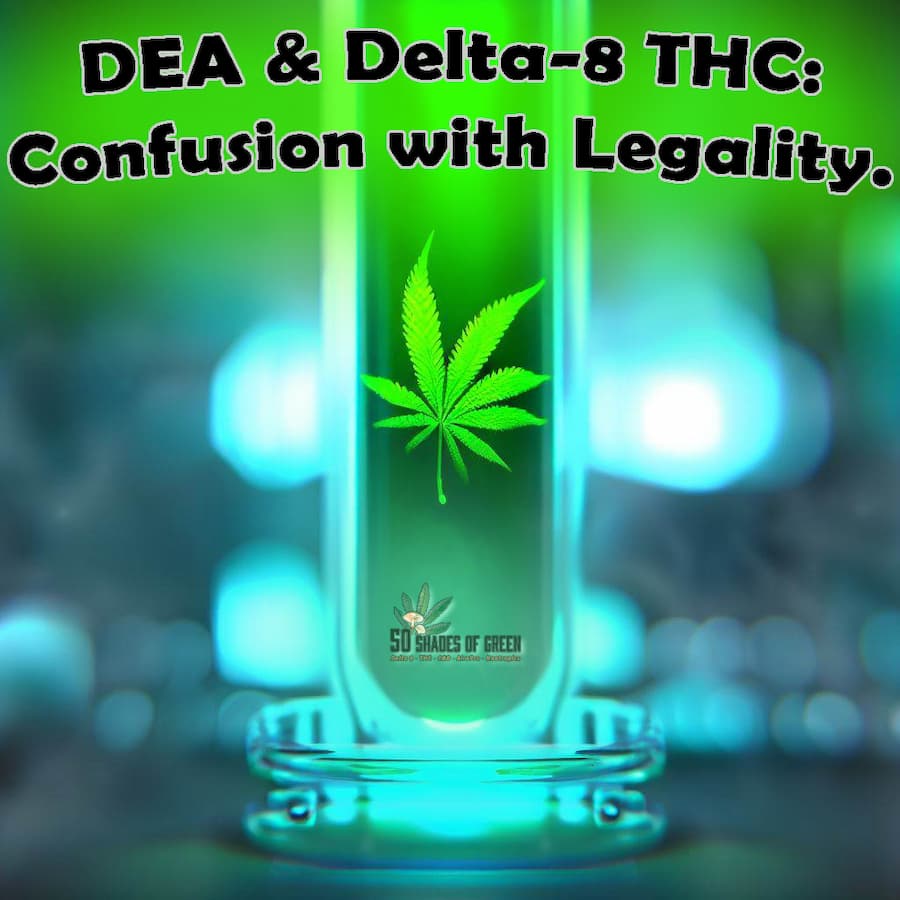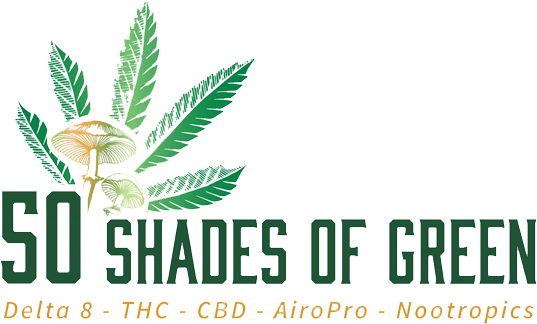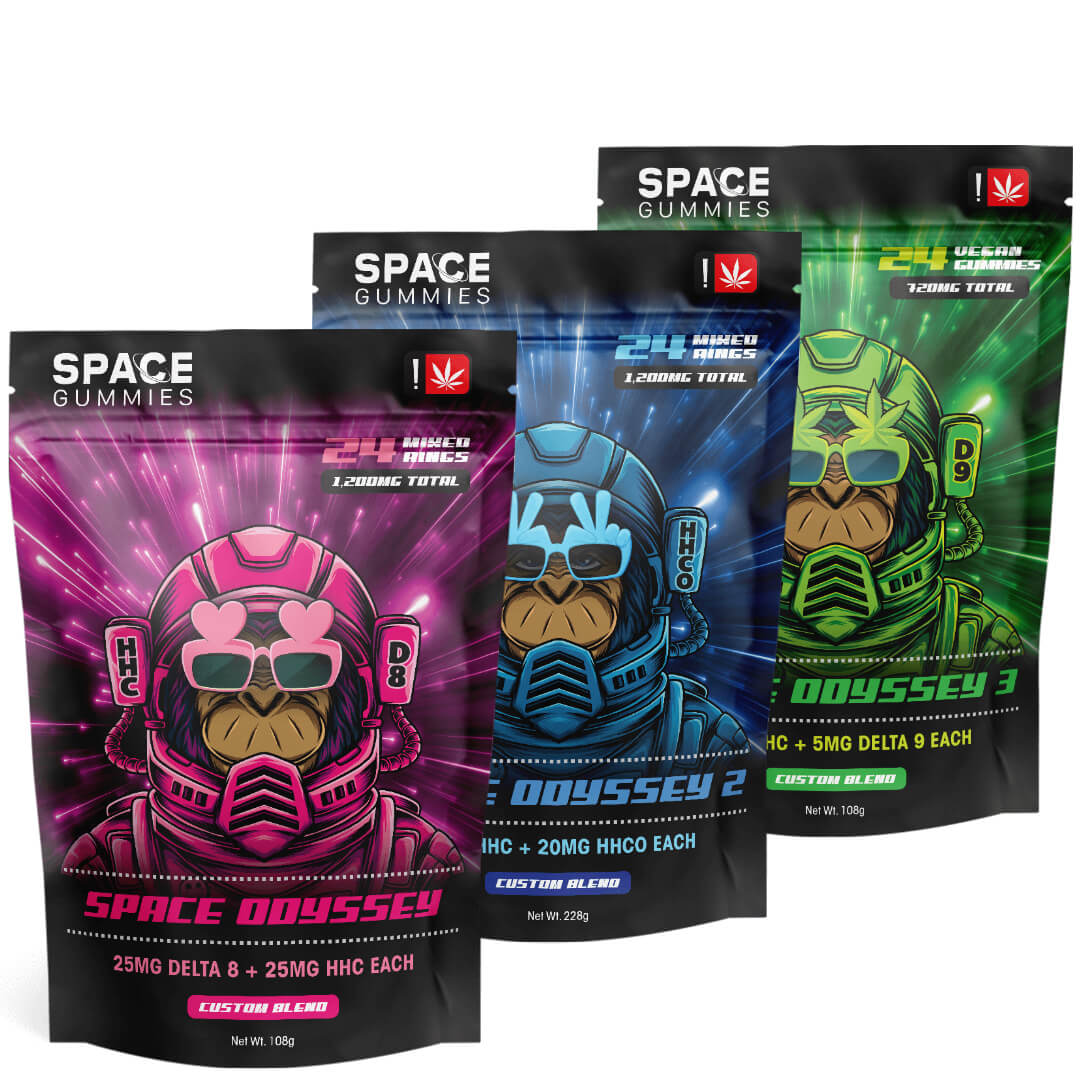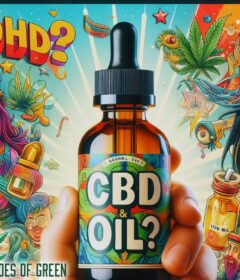DEA Delta-8 New Rules on Synthetic THC Confuses Consumers

DEA Delta-8 classification confuses consumers as the spotlight sparks debate on the legality of hemp products, a thriving and beneficial industry. Delta-8, a cannabinoid derived from hemp, has been the subject of widespread debate this past year.
However, the Drug Enforcement Administration (DEA) is now poised to propose new rules to make delta-8 a controlled substance.
This motion has seized the awareness of many businesses and consumers in the hemp industry, as its impact on small businesses is essential to remain educated on the potential effects of these regulations.
Understanding Delta-8 THC
Delta-8 tetrahydrocannabinol (THC) occurs naturally in hemp plants in small amounts. It resembles delta-9 THC, the popular psychoactive compound in cannabis that induces the “high” sensation. Nevertheless, delta-8 THC is recognized for its gentler psychotropic impact, rendering it an attractive choice for individuals desiring a more subdued encounter.
Current Legal Landscape
As of the time of writing, the legal status of delta-8 THC is a subject of debate and uncertainty. The emergence of delta-8 products in the market has sparked discussions and inquiries from industry professionals seeking clarity on its legality. The DEA has received inquiries from various parties, including hemp industry attorneys, aiming to shed light on the regulatory framework surrounding delta-8 THC.
The DEA’s Proposed Rules
The Drug Enforcement Administration is set to propose new rules that could classify delta-8 THC as a controlled substance. These regulations, if enacted, would bring delta-8 THC under stricter control and may have significant ramifications for its production, distribution, and consumption. While the specific details of the proposed rules are not yet public, it is crucial to remain updated on potential legislation changes to understand the impact such a ruling could have on the hemp industry.
Implications of Banning Delta 8 Products
If delta-8 THC becomes a controlled substance, it could have far-reaching consequences for consumers and businesses in the hemp industry. Access to delta-8 products may become more restricted for consumers, potentially limiting their choices for alternative cannabinoids. On the other hand, businesses involved in the manufacturing and distributing delta-8 THC may face regulatory challenges and increased scrutiny in their operations.
The Future of Delta-8 and the Hemp Industry
The proposed DEA rules represent a game-changing moment for the hemp industry, potentially setting the path for delta-8 and other synthetic cannabinoids’ future. As the regulatory landscape transforms, stakeholders in the industry – manufacturers, retailers, and consumers – must pay close attention to these developments and adjust accordingly. Despite the current uncertainty, this period also presents an excellent opportunity for exploration, innovation, research, and the pursuit of alternative legal avenues to guarantee the safe and regulated use of cannabinoids. All this debate follows the recent legislation in Minnesota, which legalized Delta 9 gummies and more as long as they remain federally compliant.
Concern Ranges from Consumer to Small Businesses
In the coming months, consumers, vendors, and manufacturers of Delta 8 products are paying close attention to this increased interest and concern surrounding products created by the hemp industry. As the regulatory landscape evolves, consumers, businesses, and industry professionals must stay informed and engage in constructive discussions to shape the future of delta-8 and other cannabinoids derived from hemp. By understanding the potential implications of these rules, stakeholders can navigate the evolving legal framework and contribute to the industry’s sustainable growth.






